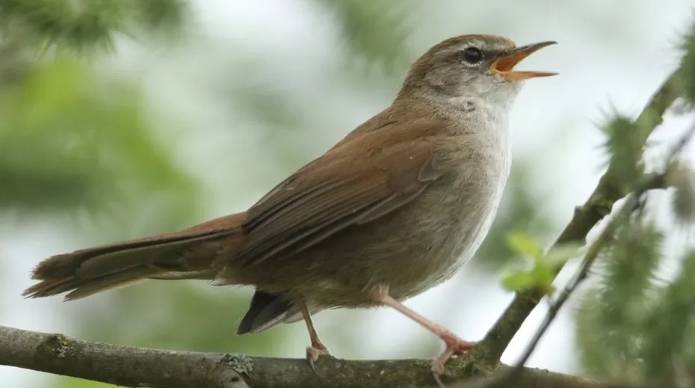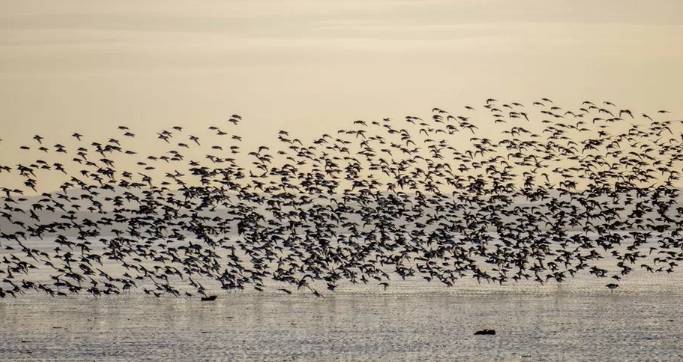British bird enthusiasts might soon observe altered species compositions due to the changing climate, warn researchers. They predict mixed fortunes for avian populations, stating there will be both “winners and losers” as the environment shifts.
While rare migratory visitors such as black-winged stilts and bee-eaters have become an exciting spectacle for UK bird watchers, traditional residents like cuckoos face significant challenges, with their numbers swiftly dwindling.
The Multifaceted Crisis for Birds in Britain
In today’s nature-impoverished Britain, nearly half of all bird species are diminishing. Reasons span from the loss of natural habitats such as meadows and hedgerows, to wider global issues like climate change and pesticide usage. There has been a startling decrease of 73 million wild birds in Britain since 1970, reports the British Trust for Ornithology.
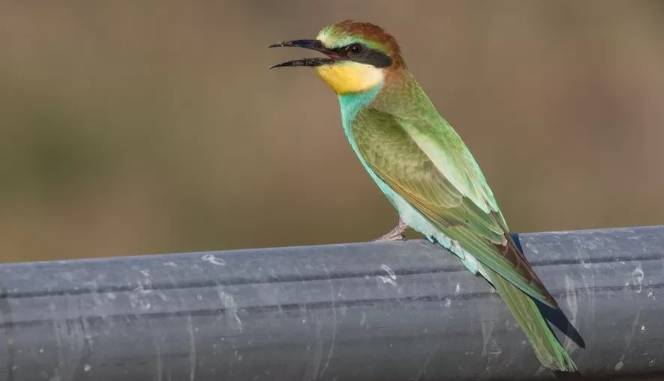
Dr Dave Leech from the trust highlights the augmented strain climate change puts on migratory birds, given they must navigate extreme weather across continents. Speaking to BBC News, he elucidated:
“Climate change is one of the biggest pressures that all species are facing, especially migratory species. They need to consider the climatic conditions at their breeding spots, wintering locations, and throughout their long journeys, which can span thousands of kilometres.”
Adapting to Change: The Diverse Responses
Certain species, such as reed warblers, seem to be capitalising on extended warmer seasons, leading to increased offspring. Others like the Cetti’s warbler, relatively recent settlers in the UK, are gradually moving northwards. In contrast, many birds, including the iconic cuckoo and the willow warbler, are witnessing declines in southern Britain with rising temperatures.
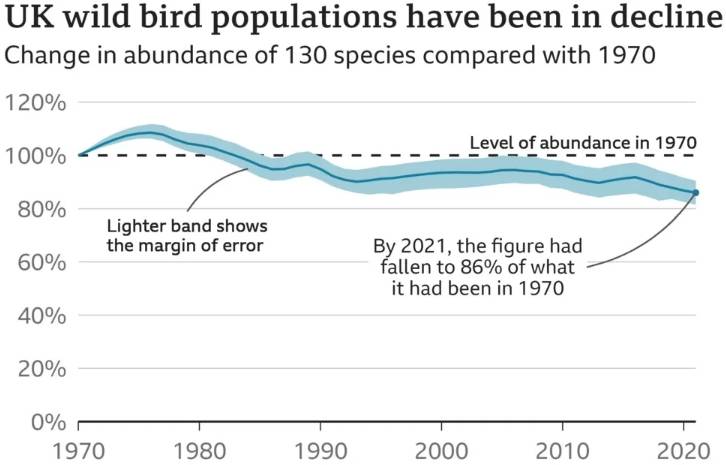
Researchers believe that some birds are struggling to recalibrate their internal rhythms to cope with seasonal alterations. Cuckoos, known for their evocative summer call in the UK, migrate to Africa for winter. Dr Dave Leech sheds light on their challenges, emphasising the reduced food sources available for them before the taxing Sahara crossing. He lamented:
“How terrible would it be if future generations never heard a cuckoo, something so emblematic of British wildlife?”
Observing and Learning: The Role of Bird Ringing
As autumn arrives, many migratory birds depart from the UK, with others from colder northern regions making their way in. For years, dedicated bird ringers and volunteers have diligently tracked changes in the British avian populations, offering invaluable insights into their decline.
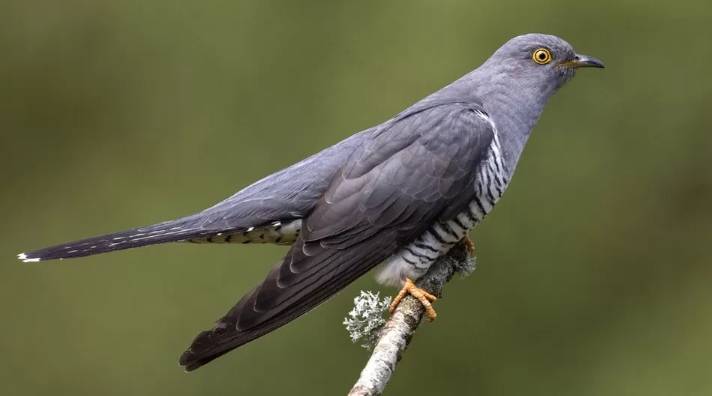
Peter, a seasoned bird ringer from Gloucestershire, echoes the dual impact of climate change on bird species. He remarked:
“Future generations might miss the melodies of nightingales or the sight of cuckoos. However, new spectacles await. Perhaps bee-eaters might become a common sight. Through rigorous data collection, we aim to understand and possibly counteract the detrimental human-induced climate changes affecting these birds.”
